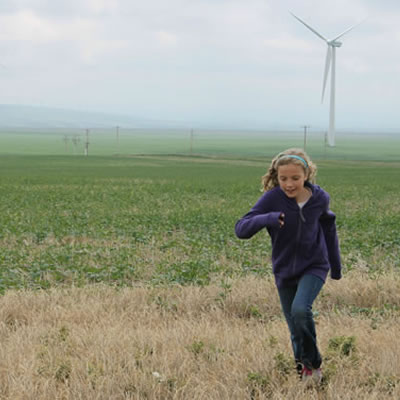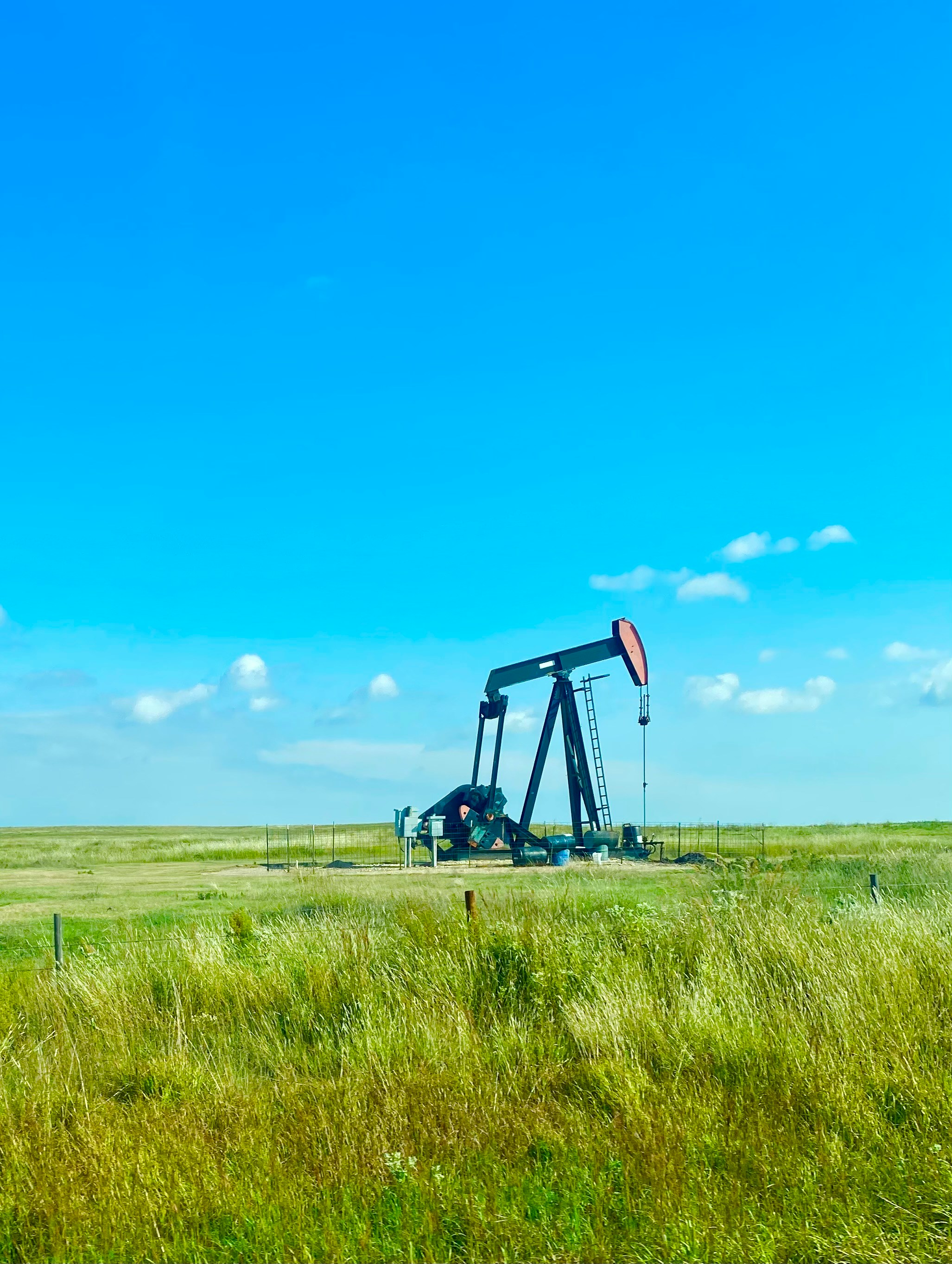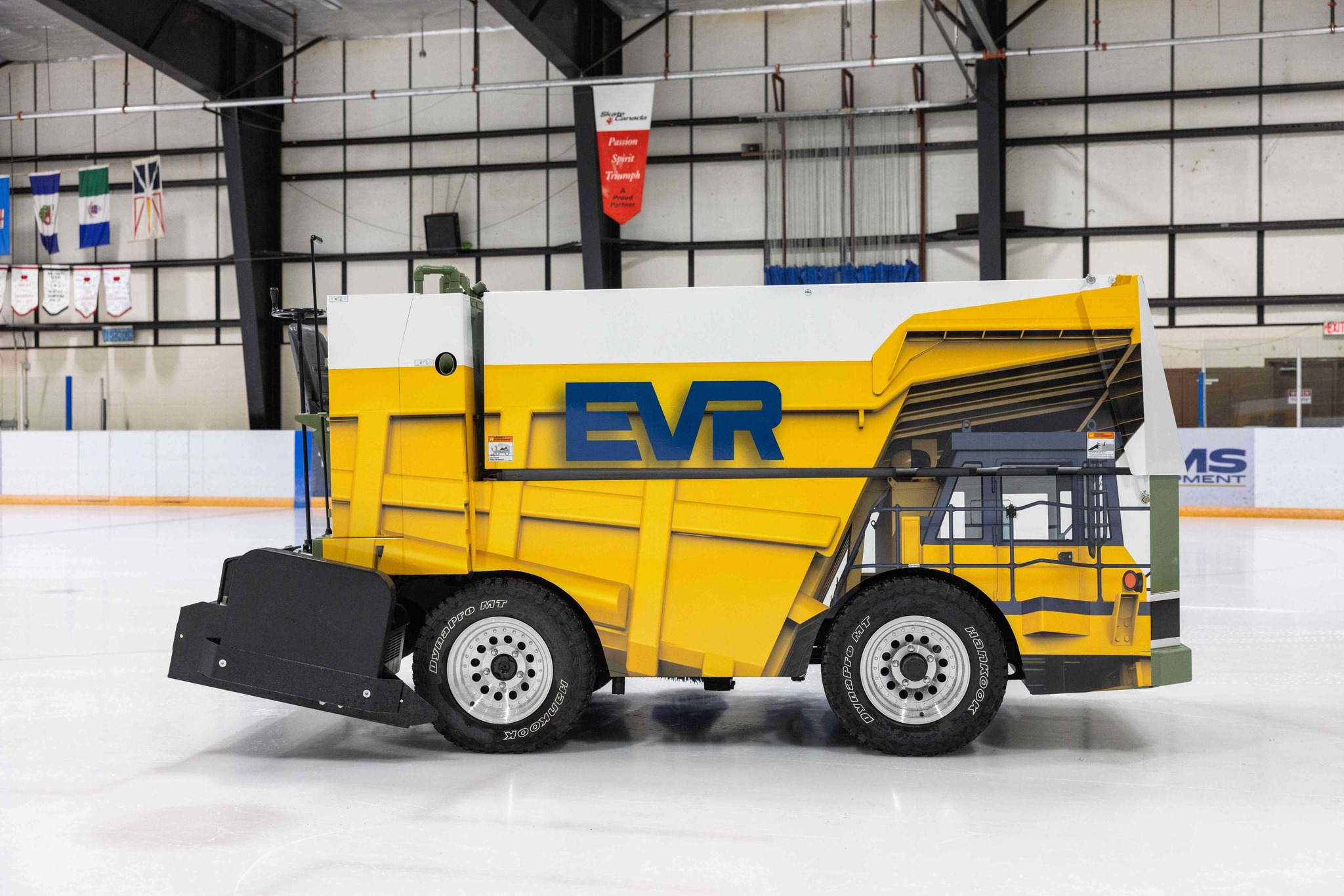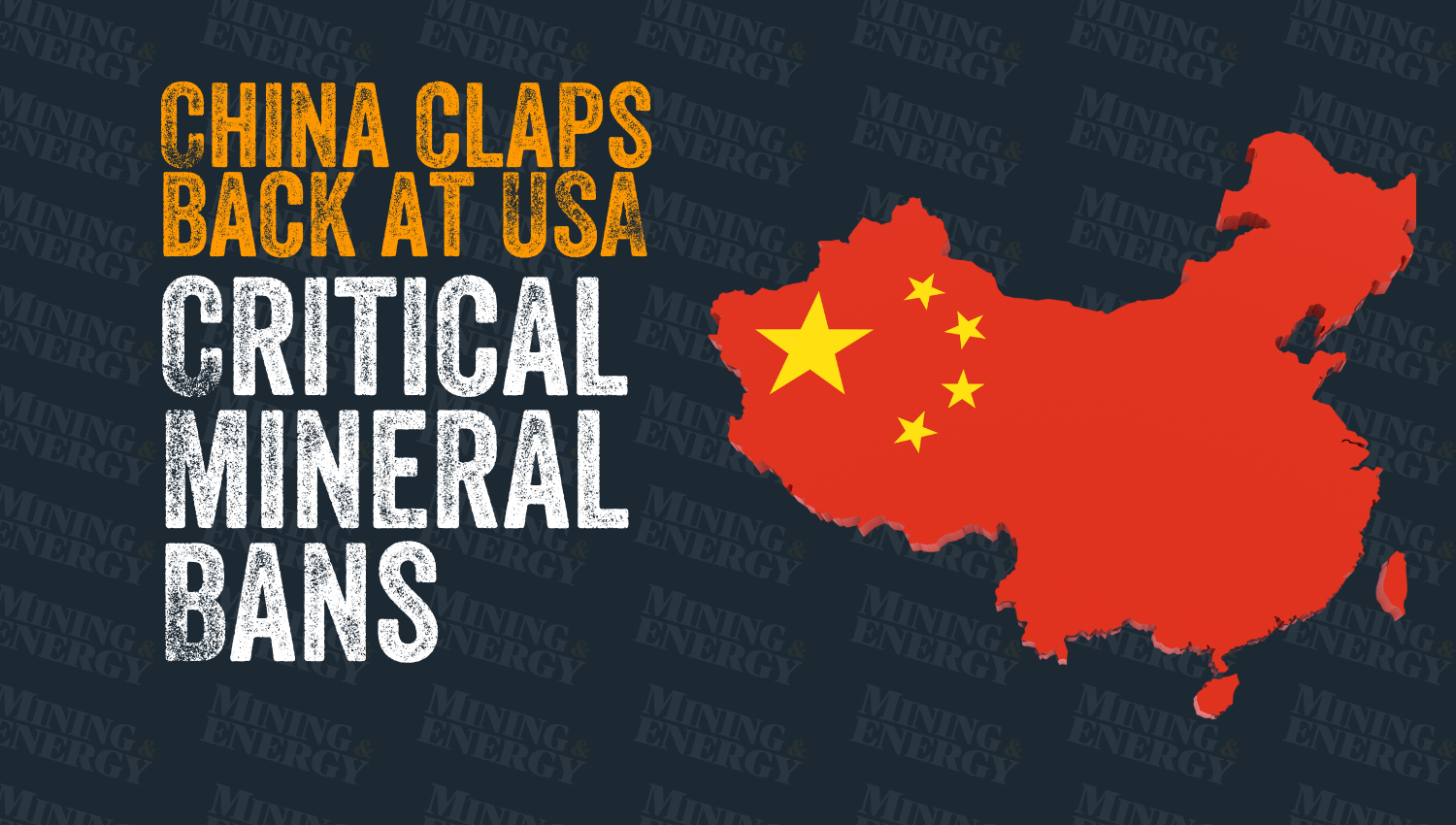Solas lights the way for renewables

Paula McGarrigle's children were raised learning about renewables. Not only does McGarrigle guide companies through renewable projects, but she has co
Paula McGarrigle's children were raised learning about renewables. Not only does McGarrigle guide companies through renewable projects, but she has contributed to renewable education plans in Alberta's schools. — Photo courtesy Solas Energy Consulting
Solas Energy Consulting co-owners Paula McGarrigle and Evelyn Carpenter were at the forefront of North America’s initial interest in renewable energy. McGarrigle worked with the renewable energy group for Suncor, then was head of Shell’s Canada-wide wind energy programs. “I thought it was interesting because it was not a path well trodden,” McGarrigle said. Carpenter held similar roles in the United States.
The business partners met when Carpenter tried to sell McGarrigle’s team at Shell a wind farm. They kept in touch, and eventually decided to pursue renewables together founding Solas Energy Consulting in 2009. “We are both well known in the industry, and had a depth of experience,” McGarrigle said. “The two of us entered the wind industry when there weren’t many people in the industry.”
Choosing renewables for the future
Both McGarrigle and Carpenter personally value sustainability—the name Solas comes from the Irish word for light. “Obviously sustainability is number one,” McGarrigle said. Sustainability has become a shared family value. “My kids have grown up with renewable energy,” she said. McGarrigle even build her home with sustainability in mind. “We worked very hard to design this house that looks Craftsman style but is energy efficient,” she said. A few features: it runs off her personal solar panels, is designed to require little energy to heat and is painted with paint free of volatile organic compounds.
McGarrigle also recently shared her knowledge of renewable energy with the teachers of Alberta so that more children than just her own will understand the concept. “We’ve been given a grant to show teachers how to teach climate change,” she said. Essentially, she helped design a program that helps teachers teach environmental literacy to their students. She received the Community Environment Action grant of $150,000 to teach 200 of Alberta’s teachers about climate change and renewable energy. The education program includes one full-day session, plus 10 lesson plans.
Aside from her investment in educating others on renewables, the challenge and growth of working with renewables makes the choice even easier. “I absolutely love this industry, and it’s growing,” McGarrigle said. “If you look worldwide for electricity, this is where the money is. In terms of annual investment, it leapfrogs any other industry worldwide.”
Guiding clients through renewables
Solas Energy Consulting offers its clients a range of services throughout the lifespan of a renewable project. “I see us more like a Sherpa that helps the clients get where they need to go,” said McGarrigle. “Sometimes that’s determining what kind of renewables they want to apply. Do you want to create renewables at your location, or just buy renewables? What kind of contracts to create for each situation?” Solas helps clients navigate complicated questions like these, as well as policies, business plans and how to move forward within new policy guidelines.
The renewable energy industry knows Solas for its work. “A lot of it is just relationship-driven in the industry,” McGarrigle said. “We don’t advertise. People know our work. They come to us for our analytics and ability to get things done.” Solas's services include strategy development for companies considering entry into renewables, through feasibility studies, permitting, market assessments, development services and construction.
Working with wind
It makes sense that Alberta was the first to turn to wind, but Alberta hasn’t kept up with the leaders of Ontario and Quebec for wind capacity on the electricity grid. Some of the delay can be attributed to Alberta’s lesser demand for power than Ontario or Quebec. “In terms of Alberta’s wind resource, we are absolutely top quartile in North America,” McGarrigle said. “Our land suitability is fantastic.”
Wind is specifically interesting to McGarrigle for a few reasons. “I like the fact that it’s emissions free and compatible with other land use,” she said. She has also enjoyed watching the speed, size, and popularity of commercial turbines grow over her years in the industry. “They’ve become a lot more mainstream worldwide,” she said.
Despite becoming mainstream worldwide, Canada’s wind industry is still growing. Solas helps fill in the missing pieces in terms of knowledge and experience. “Wind is complicated,” McGarrigle said. “Wind is a fluid. As it moves it is a bit more complicated. And the technology itself has grown.”
An example of Solas’ expertise can be seen with Teck Resources’ previously owned Wintering Hills wind farm. “We advised Teck on that acquisition. We did everything from due diligence, commercial terms for the acquisition, reviewing the turbine supply agreement and providing recommendations for them,” McGarrigle said. Solas also reviewed the environmental responses and regulatory permitting processes and helped with turbine selection appropriate for the wind resource.
The future of Alberta’s wind
Now that 30 by 30 is advancing through the first round of contract awards, experts are looking into where the province can take its wind resource next. In 2016, the Alberta Government announced that 30 per cent of electricity used in the province will come from renewable sources such as wind, hydro and solar by 2030. “We have this great resource, but what do we do with it?” McGarrigle said. There is more wind available than the province needs to meet the 30 percent goal. This leads to the possibility of exporting the electricity produced by wind.
“We are excited about the future, the direction that Alberta is taking, and the direction Canada is going,” said McGarrigle. To continue to move forward with renewables, Solas stresses that education is necessary—both for the energy industry and the public. “On the education side, we love to help,” she said. “I encourage people to go hug a turbine. Just become familiar.”



